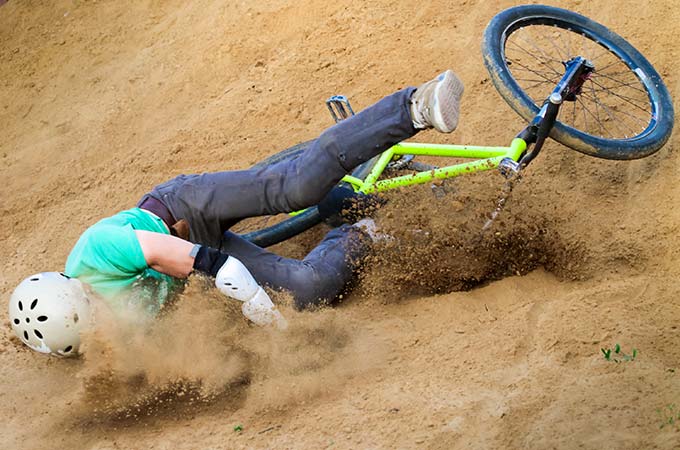
If you need facial trauma treatment, you can rely on Dr. Tokar and Dr. Zats, a skilled team of oral and maxillofacial surgeons, to give you the care and consideration you need to heal your wounds and help you recover as quickly as possible.
Maxillofacial Trauma
Injuries to the face, by their very nature, impart a high degree of emotional, as well as physical trauma to patients. The science and art of treating these injuries requires special training involving a “hands on” experience and an understanding of how the treatment provided will influence the patient’s long term function and appearance. Dr. Tokar and Dr. Zats meet and exceed these modern standards.
The treatment of facial trauma covers:
Teeth that have been knocked out (Avulsed teeth)
Fractured upper or lower jaw
Fractures to eye socket, nose or cheek bones
Facial lacerations
Lacerations of the mouth (Intra-oral lacerations)
The treatment of damaged teeth
Avulsed Teeth
A tooth that has been knocked out can be saved if fast action is taken. Carefully put the tooth in some milk or saliva to keep the tooth moist. Water should only be used if nothing else is available. Don’t try and clean it, leave it exactly how it is and then get to the dentist as quickly as possible.
If the tooth or bone aren’t damaged, Dr. Tokar and Dr. Zats will be able to put the tooth back into place and hold it in with a soft wire splint. The root should then re-attach itself to the bone within a month or so and then the splint can be removed.
Fractured upper or lower jaw
Fractures to the lower jaw (mandible) and the upper jaw (maxilla) may need orthognathic surgery and orthodontic treatment to enable you to open and close your mouth, chew properly and align your jaw correctly so that your normal bite is re-established.
Dr. Tokar and Dr. Zats will either wire up your jaw to let the fractures heal or place the bones back in position and then use screws and plates to hold them in place until they are healed. This procedure is called ‘rigid fixation’ and has a faster recovery period than jaw wiring.
Fractures to the eye socket, nose or cheek bones
Fractures of the face will cause swelling and the sensation that teeth are not fitted together as they are normally. Opening and closing your mouth may also be difficult. If the fracture isn’t serious you may be advised to take a liquid diet for a specified amount of time in order to let the injury heal by itself. If a dental procedure is required, your jaw will either be wired to keep it shut, or as in the case of a fractured jaw, the bones will be placed surgically in position and then held together with screws and plates.
Facial lacerations
Injuries to the face not only require suturing to repair the damage and prevent infection, but your dentist can also check and treat damage to the salivary glands and ducts, as well as your facial nerves.
Lacerations to the mouth (Intra-oral lacerations)
Intra-oral lacerations may need suturing and require careful checking to ensure that there is no damage to teeth or any fractures to the face or jaw. Most wounds heal quickly, but your dentist will re-evaluate the injury after 48 hours to ensure that it has not become infected and is healing properly.


